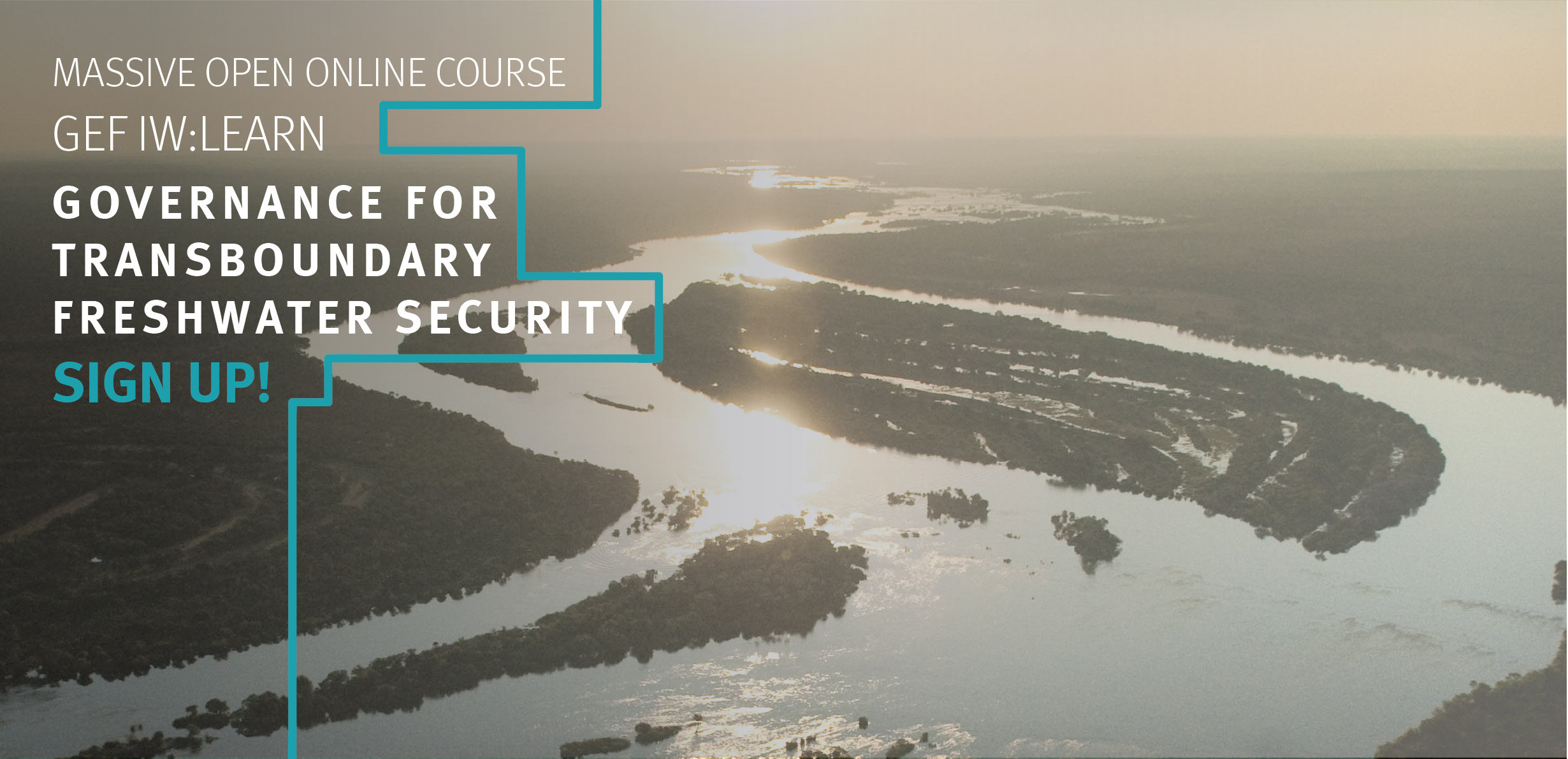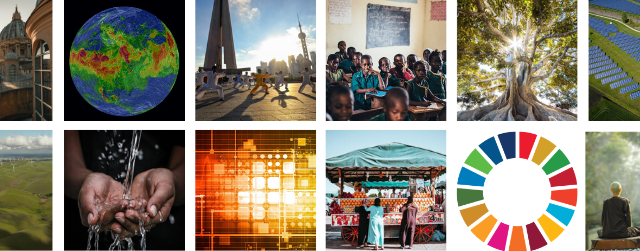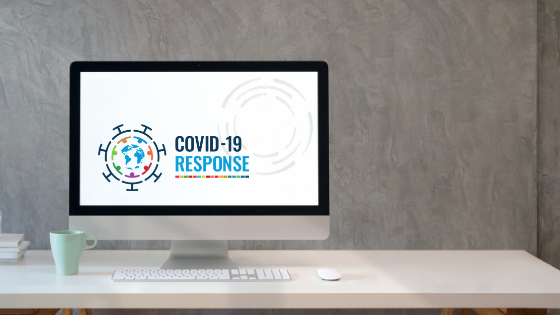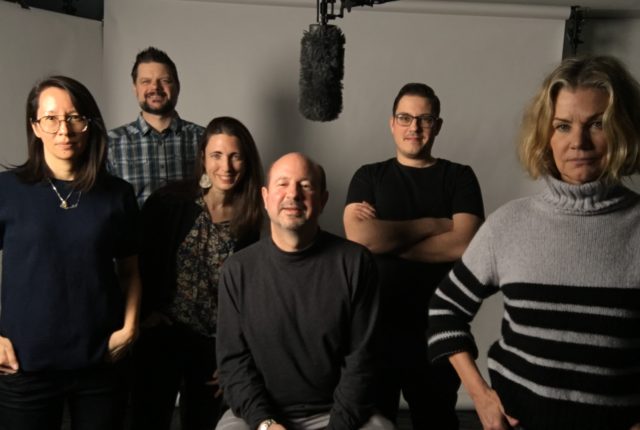By Tobias Bohne and Yumiko Yasuda
When we started drafting our first concept note for the Governance for Transboundary Freshwater Security massive open online course (MOOC) in mid-2019, we obviously didn’t anticipate how the COVID pandemic would force the world to work from home, restrict our ability to travel, and make on-the-ground training events impossible. Coincidentally, the MOOC was released at a time when the demand for online courses was higher than ever before.
Why create a MOOC on governance for transboundary freshwater security?
Without being aware that a pandemic was around the corner, we saw a growing need for a MOOC on transboundary water cooperation and governance. Transboundary basins account for roughly 60% of global freshwater resources, serving 2.8 billion people and covering 42% of the earth’s land. These water resources are exposed to growing stresses that threaten water security around the globe. Because transboundary water resources naturally cross political boundaries, cooperation is key to peace, sustainability, and equity. Cooperation is also challenging in many regions due to existing political conflicts.
Global Water Partnership strives to create a water secure world; it is active in (co)-organizing capacity building workshops around the world to enhance transboundary water cooperation. On-site workshops and trainings are highly effective but also limited because they cannot be conducted frequently and only allow for a limited number of participants. Because of these limitations, the idea was to create an online course available for an unlimited number of participants, accessible all over the world 24/7, covering the multiple dimensions of transboundary water governance.
Creating a syllabus, reaching out to speakers, and recording videos
In collaboration with GEF IW:LEARN, the needs of water practitioners working in transboundary settings were assessed and a syllabus drafted based on those needs. We didn’t want to duplicate existing courses and tried to identify the gaps in the MOOC universe. Because the topics we included in the syllabus (Water Security, Water Diplomacy and Negotiation Skills, International Water Law, Institutions, Tools for Management, and Finance for Transboundary Water Security) were not covered comprehensively elsewhere, we moved ahead and reached out to speakers for the different modules.
Transboundary water governance is a global and diverse field of research and practice. Therefore, potential speakers were located all over the world with various professional backgrounds and experience. While having an international group with diverse backgrounds was exciting and vital for the content of the MOOC, it was also a big logistical challenge. Eighty lectures and case studies needed to be recorded, scripts drafted and checked, video files edited, and all this had to be done in a coordinated way. Some lectures were recorded in Stockholm during World Water Week 2019, but most videos were recorded by the speakers themselves.
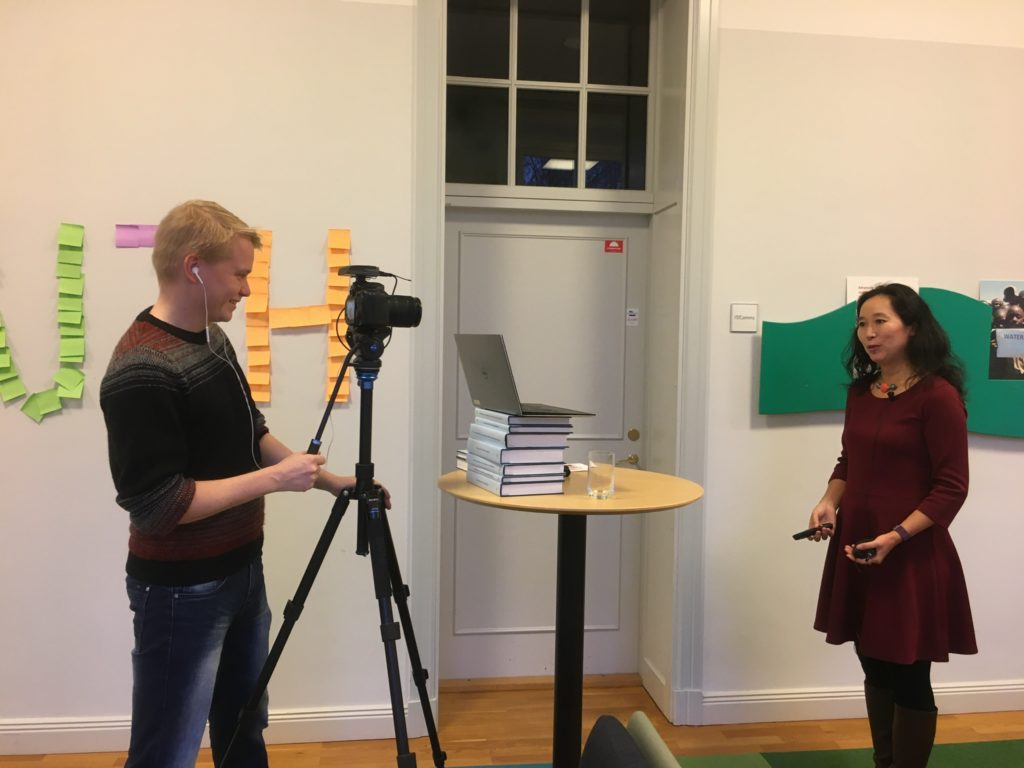
In addition to editing videos, the production team needed to craft questions for the exams and module quizzes, as well as come up with a wide range of reading and reference materials. This was only possible because we received tremendous support from module coordinators, GEF-IW:LEARN, beta testers, GWP colleagues, and, of course, all MOOC contributors. Without their support and feedback, the course could not have become reality.

Putting it all together
The weeks leading up to the opening of the MOOC were devoted to uploading all materials to the online platform, making final changes to both the videos and the text materials, and creating transcripts of all lectures and case studies. Thanks to the help of the SDG Academy, we launched the MOOC in August 2020 after more than a year of planning, recording, drafting, and editing.
Why do MOOCs fail? The importance of interactivity
During our initial research on how to design and maintain MOOCs (and why MOOCs fail) it became clear that a successful MOOC needs to be more than a set of well-crafted video lectures, quizes, and multiple-choice exams. Learning is a social practice and thus quality learning needs to be interactive. Bringing interactivity into an online course is by nature limited compared to in-person courses taught at a university or workshop.
We tackled the issue in two ways. First, we integrated discussion prompts in the course modules to encourage people to interact with each other on the discussion forum by sharing their ideas related to the module topics. Although a huge number of students posted on the forums – allowing us to get a better understanding of their interests, needs, and ideas and thus incrementally creating a huge pool of knowledge for other students – we had the impression that they didn’t really talk to each other but were mainly posting their thoughts into the void without engaging in real discussion.
Reacting to this, we came up with a second way to “keep the MOOC alive,”interactive, and engaging. We partnered with the Wuhan International Water Law Academy (IWLA) and, after conducting a pilot session in October 2020, we created an interactive online webinar series called the “Transboundary Freshwater Security Governance Train.” The idea was to organize one online session per month covering a topic related to the MOOC from different angles and with case studies from different regions. The first six sessions were a tremendous success: we brought academics and practitioners together (some who contributed to the MOOC and some new faces) and allowed our learners to directly engage with the experts in Q&A sessions and breakout rooms.
These online sessions were well-received and created an active MOOC community of learners. We generated new MOOC sign-ups through the sessions and plan to continue the series in September.
Making the MOOC accessible globally
Keeping the MOOC alive means to continuously modify and enhance it. One enhancement we care about is the availability of the course in other languages. Our goal is to provide practical knowledge on transboundary water governance that should be picked up globally and thus enhance transboundary cooperation. Although English is spoken all over the world and was the logical choice as the main language, we are convinced we can reach even more learners if we provide the course in multiple languages.
We are happy to already provide the video materials with Chinese subtitles. Other translations are in the making as well. This will bring us closer to serving a truly global audience.
Building and running a MOOC – a collaborative effort
What have we learned?
Bringing together all the different experts from the field in transboundary freshwater governance demonstrated that the water community is a truly global and diverse one. We need to collaborate globally, share experiences and knowledge with each other, and start a conversation among different perspectives. Without collaboration among academics and practitioners from around the world, the water challenges we face cannot be tackled successfully. This is what the MOOC tries to do. Without great collaboration it would not have been possible to put it together in the first place.
What we’ve also learned is that it is extremely important to keep the MOOC alive by organizing recurring online sessions. These interactive online sessions allow us to add new perspectives, allow learners to actively engage with speakers, and keep the conversation going between participants and experts.
We hope that what we have created can be a vehicle for learners to be inspired by and take action towards a water secure world. You are most welcome to join the MOOC and learn what upcoming sessions are available from www.gwp.org.
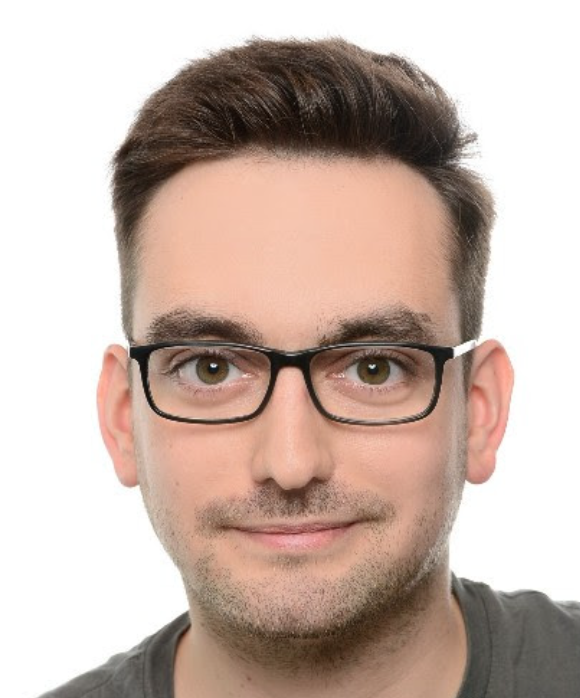
Tobias Bohne
Tobias Bohne is a master’s student of International Relations and Development Policy at the University of Duisburg-Essen, Germany, and works as a transboundary water cooperation consultant for the Global Water Partnership (GWP), where he is supporting the MOOC team in maintaining and developing the course as well as in organizing and conducting MOOC-related interactive online events. His academic research is focused on uncovering and understanding the socio-economic determinants of water conflict. Prior to joining GWP, Tobias worked for many years as an IT consultant building online shops and developing web applications.
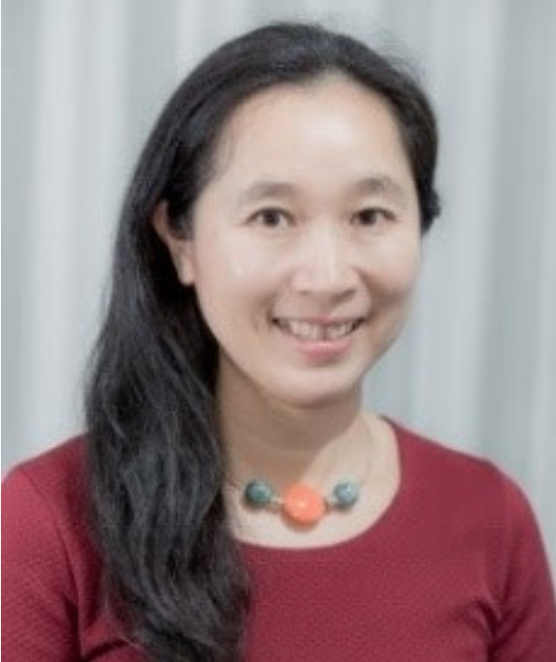
Yumiko Yasuda
Dr Yumiko Yasuda is the senior network and transboundary water cooperation specialist at the Global Water Partnership (GWP). She leads GWP’s thematic work on transboundary water, and as the lead faculty of the MOOC on the Governance for Transboundary Freshwater Security, designed and directed the production of the course. Her career has covered a wide range of environmental and water governance, with a focus on transboundary water governance since 2005. Her areas of expertise lie in the analysis of water and environmental governance, water diplomacy, and political economy analysis surrounding natural resources management, with a focus on transboundary rivers and non-state actors’ engagements in natural resources management. Her work involves basins and transboundary waters in Asia, Latin America and, Africa. Prior to joining GWP, she was a postdoctoral researcher at the Hague Institute for Global Justice and the International Centre for Water Cooperation; a researcher at the Centre for Water Law, Policy and Science at the University of Dundee; Livelihoods Coordinator for the World Wide Fund for Nature’s Mekong program; program officer at the UNDP GEF Asia Pacific Coordination Unit; ecotourism advisor for Mlup Baitong; and environmental specialist for Ericsson. She obtained her PhD from the Centre for Water Law, Policy and Science at the University of Dundee, an MA in environmental policy from the Tufts University, and an MSc in environmental science from Tsukuba University. Her research on the Mekong culminated in the publication of a book entitled Rules, Norms and NGO Advocacy Strategies: Hydropower Development on the Mekong River (Routledge, 2015).
